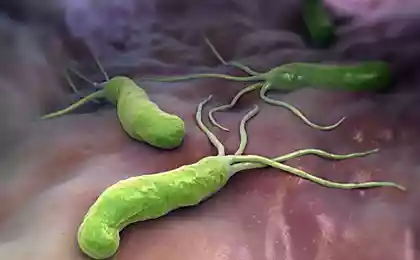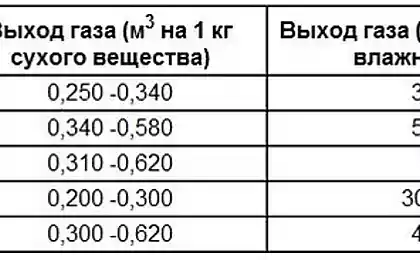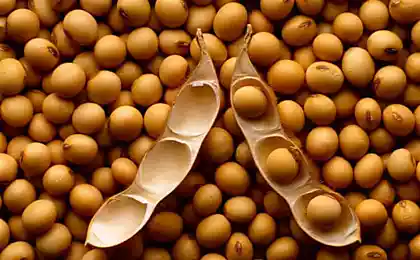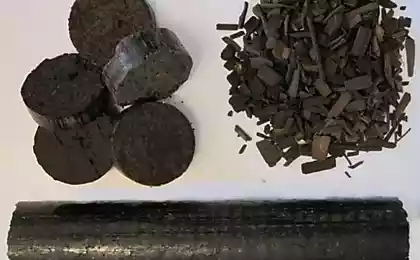809
Created a bacterium which directly converts the biomass into ethanol

Millet for bioprocessing i>
The traditional method for producing ethanol from biomass pretreatment involves costly and the use of enzyme-based reactions. Naturally, such a technical process does not give sufficient profitability. Fuel comes out expensive.
There is an alternative, a cheaper technology: consolidated bioprocessing (consolidated bioprocessing or CBP), when engaged in the processing of biomass microorganisms. Scientists from the US BioEnergy Science Center was able to significantly optimize this process. They brought a kind of bacteria Caldicellulosiruptor bescii , which receives ethanol usually ask even without preparation of raw materials.
Caldicellulosiruptor bescii - a very rare type of thermophilic anaerobic bacterium, which is found in the Valley of Geysers in Kamchatka in 1990.
According to experts, the consolidated bioprocessing without preparation of raw materials opens up completely new possibilities for the production of ethanol from biomass. We get a clean and cheap source of biofuel.
And before it was known that Caldicellulosiruptor bescii produces fermentation (fermentation) of millet, but the microorganism lacking the genes necessary to complete the process of fermentation to ethanol.
Scientists have identified a suitable gene in other bacteria Clostridium thermocellum - cloned and genetically modified version Caldicellulosiruptor bescii. In addition, we had to remove two extra gene that destroyed the fermentation products.
A modified version produces ethanol from millet, cellobiose and cellulose type Avicel. At least on such materials it checked. Bacteria довольно rapidly fermented biomass of about 30%, and with each one mole of glucose is obtained, 7 moles of ethyl alcohol. This is close to the theoretical maximum (two moles of ethanol with one mole of glucose). Process goes at 65-75 ° C.
scientific work published in the journal Proceedings of the National Academy of Sciences.
One can only hope that the bacterium does not mutate and remain the same anaerobic thermophiles as now.
Source: geektimes.ru/post/248956/






















